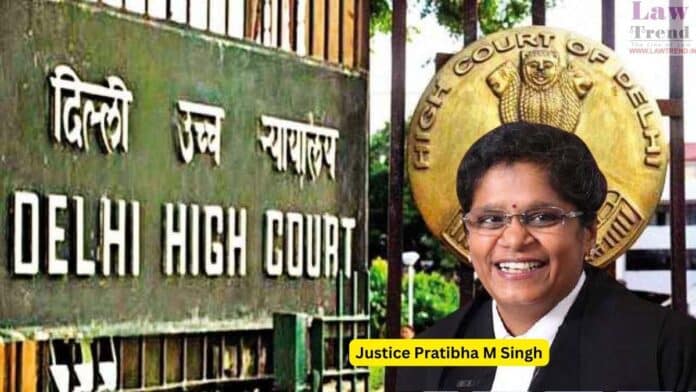In a landmark judgment delivered by Justice Prathiba M. Singh of the Delhi High Court on October 4, 2024, the court allowed the petition filed by Gurvinder Singh and Harbir Kaur, the parents of the deceased Preet Inder Singh, for the release of their son’s cryopreserved semen from Sir Ganga Ram Hospital. The court granted
To Read More Please Subscribe to VIP Membership for Unlimited Access to All the Articles, Download Available Copies of Judgments/Order, Acess to Central/State Bare Acts, Advertisement Free Content, Access to More than 4000 Legal Drafts( Readymade Editable Formats of Suits, Petitions, Writs, Legal Notices, Divorce Petitions, 138 Notices, Bail Applications etc.) in Hindi and English.




